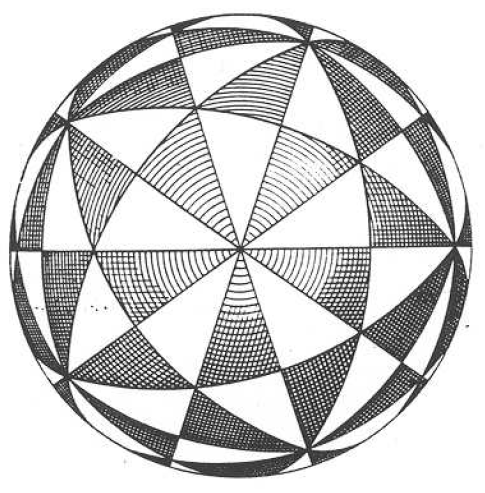Problem - S. P. Adriopoulos (Greece)
Let $x$ be a real number between $0$ and $1$. Prove
\[\prod_{n=1}^\infty(1-x^n)\geq\text{exp}\left(\frac{1}{2}-\frac{1}{2(1-x)^2}\right).\]Solution
Call these functions $\phi(x)$ and $f(x)$, and note that $\ln(\phi(x))\geq\ln(f(x))\Rightarrow\phi(x)\geq f(x).$ We can derive the following sums,
\[\ln(f(x))=-\sum_{n=1}^\infty\frac{n+1}{2}x^n\]and
\[\begin{align*}\ln(\phi(x)) &= \sum_{n=1}^\infty\ln(1-x^n)\\ &=-\sum_{n=1}^\infty\sum_{k=1}^\infty\frac{x^{nk}}{k} \\ &=-\sum_{k=1}^\infty\frac{1}{k}\sum_{n=1}^\infty x^{nk} \\ &=-\sum_{k=1}^\infty\frac{1}{k}\cdot\frac{x^k}{1-x^k} \\ &=-\sum_{k=1}^\infty\sigma_{-1}(k)x^k \\ &=-\sum_{k=1}^\infty\frac{\sigma(k)}{k}x^k \\ &\geq-\sum_{k=1}^\infty\frac{k+1}{2}x^k \\ &=\ln(f(x))\end{align*}\]as $\sigma(k)\leq\frac{k(k+1)}{2}$ with equality only when $k=1$. Here we have made use of the sum of kth powers of divisors function and the Lambert series.
